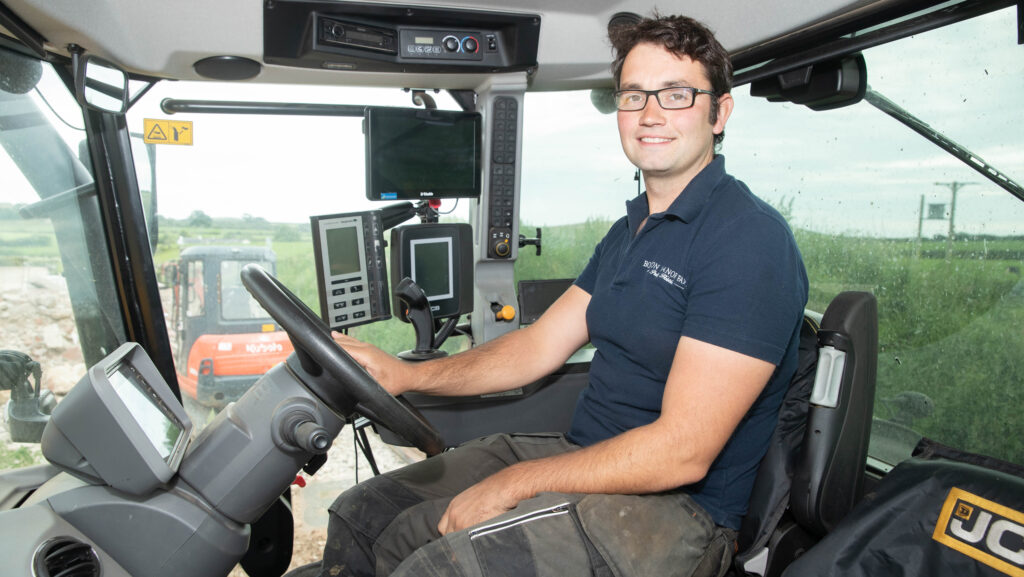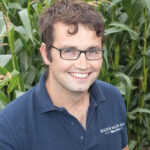Farmer Focus: Maize was a major letdown of 2024
 Tom Stable © Tim Scrivener
Tom Stable © Tim Scrivener Reflecting on 2024, we had a busy year here as usual with plenty going on, but in many respects it was a year of consolidation. There was less building work than usual.
Housing the cows throughout summer and a switch to three-times-a-day in November are lifting yields substantially.
We’ve kept a keen eye on the costs of these changes, along with its effects on herd health, and both seem positive so far.
See more: Benefits of a post-calving vet check for herd health
Our diversified businesses (Cumbrian Cow Maize Maze and Cumbrian Cow Ice Cream) have had a great year, although the poor weather at the end of August curbed the maze after a record-breaking start.
There is a tremendous appetite for on-farm entertainment and experiences, but it does take its toll on the people involved.
Splitting your time between enterprises can be very challenging.
From a cropping point of view, the grass and cereals did well, but, to put it bluntly, the poor maize yield has thrown us under the bus.
The total tonnage was down about 700t, which has resulted in us needing to source silage from a dispersed herd, re-clamping it at home in December.
Poor silage quantity seems to be a widespread problem, so we took the decision to do something about it sooner rather than later.
In December, we lost a longstanding family friend, Keith Rowand, a charming and popular sheep farmer from the Langdale valley.
His farm, Stool End, is one of the most picturesque places in the country.
My great-grandad met Keith at the local auction 43 years ago, shortly after my family moved to Bolton Manor Farm.
There was more ground at the new farm than we had stock for at first and Keith was only too happy to send down some of his Herdwick hoggs to help out.
More than 40 years later the Herdwicks still arrive every winter – and every spring I’m delighted to see them leave.
The memorial of Keith’s life in the heart of the Lake District was a remarkable celebration of a great man and a way of life very few people really understand.

